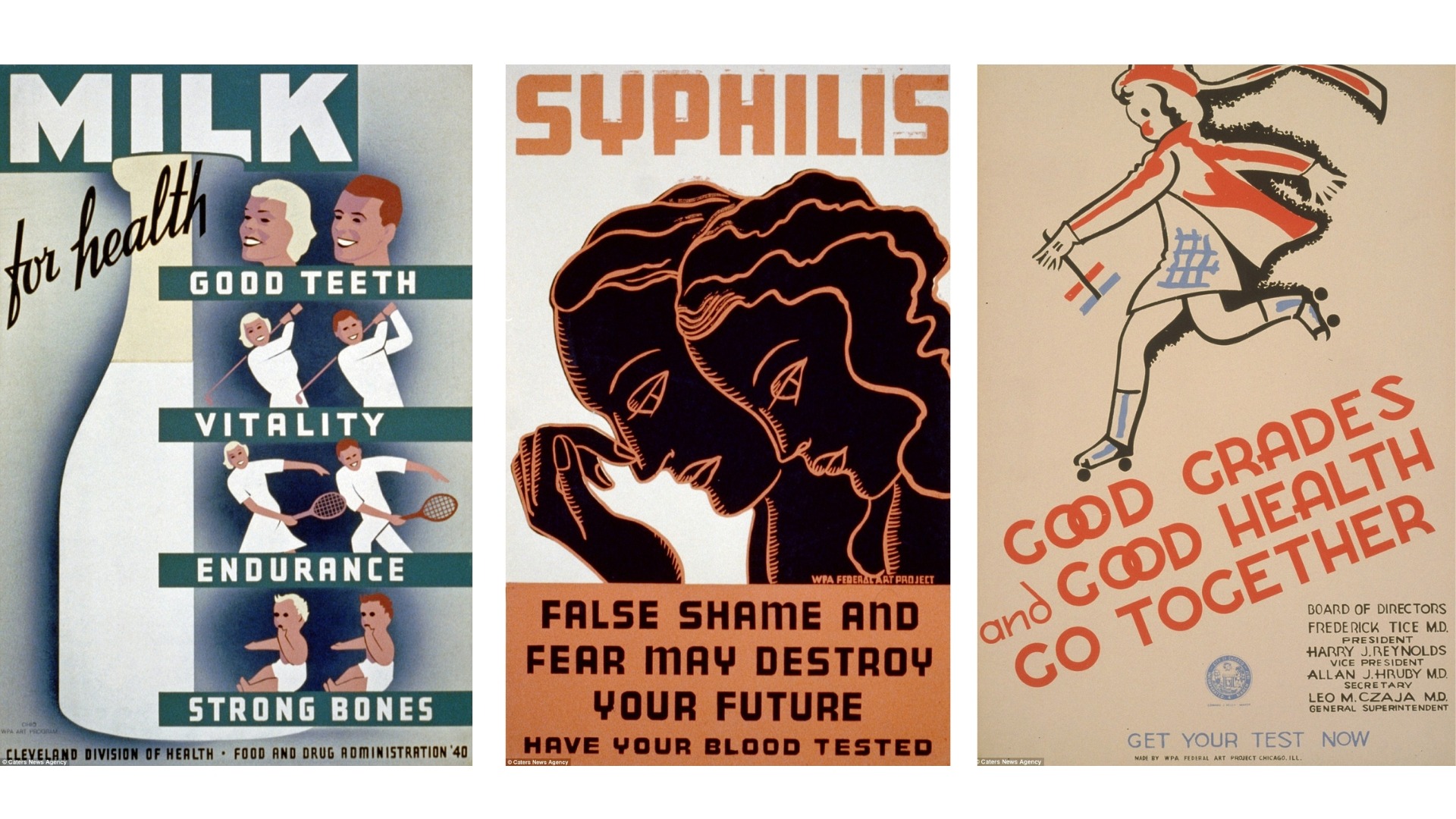Since smoking was linked to serious diseases such as lung cancer in the 1950s, health experts have been focused on influencing consumer behaviour to reduce the popularity of tobacco products.
The tobacco industry once worked hard to disrupt well founded science and maintain public credibility. Clever PR campaigns minimised nicotine’s health risks by comparing it to caffeine or coffee and marketing strategies put cigarettes in the hands of Hollywood’s most famous, successfully defining and exploiting consumer culture.
However, with the taxation of cigarettes, ban on advertising and increasing awareness of the ill-effects there has been a significant decrease in the number of smokers, making it one of the most positive developments in global health. Communications played a vital role in this development, changing conversations around smoking and encouraging smokers to quit.
Recently, comms campaigns have become more opportunistic with initiatives such as WHO’s #CommitToQuit – launched during the pandemic – leveraging social apps, such as WhatsApp and Facebook, with online challenges to create digital support communities.
Now, a surprising move by key player, Phillip Morris, has called attention to the start of a new era for the tobacco industry. Despite being a world-renowned cigarette and tobacco company and manufacturer of best seller, Marlboro, their recent controversial move towards a smoke-free future raises huge doubts about the future of the tobacco industry.
Their endeavours range from replacing cigarettes with smoke-free products, to establishing a non-profit research organisation aimed at reducing smoke related deaths and even entering into the medical device arena by taking over an inhaler company, Vectura.
However, their intentions are highly criticised and not free from controversy. More than 100 public health organisations including WHO have rejected collaboration with the foundation and the likes of CRUK have accused them of trying to promote their smoking alternatives, such as heated tobacco. Vectura has also been highly criticised for prioritising short-term financial gain above long-term stability and commitment to patients with lung disease.
Public health organisations are no doubt suspicious of Phillip Morris’ moves. Whereas to consumers their motives may not matter as much as the availability of new and exciting smoke-free products. With existing health controversies surrounding smoking and vaping, it will be interesting to see whether similar ‘quit vaping’ ads emerge as cigarettes become a distant memory.
But can Philip Morris really establish themselves as a healthcare company? Let us know what you think in the comments!
By Nicki B.

